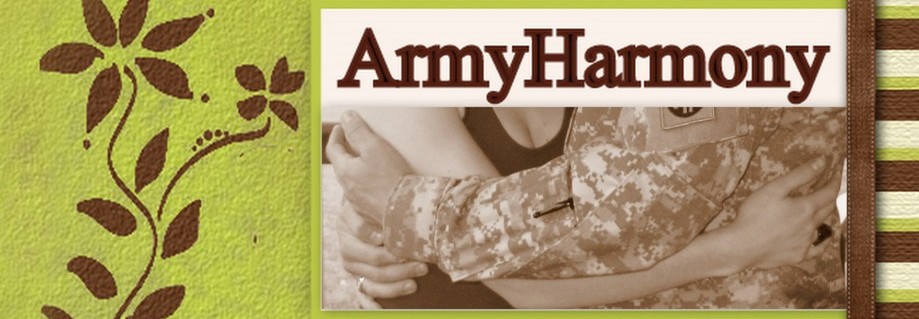 | |||||
| Circa 1950-1960: An Afghan nurse instructs young mothers in post-natal care. |
 | ||
| Circa 1950-1960: Afghan children participating in Scouting programs |
 |
| Circa 1950-1960: Public transportation in Kabul |
 | |||
| Circa 1950-1960: Biology class at Kabul University |
 | |
| Circa 1950-1960: Record store |
This then/now comparison photo is especially telling:
 |
| Paghman Gardens near Kabul, circa 1960 and now |
Now, I know that these photographs most likely depict, as the original poster puts it, "the most progressive strata of society." And I know that Afghanistan isn't completely devoid of these things now. The lot of women there has certainly improved since the overthrow of the Taliban government, and certain sectors of society embrace Western culture (just Google Afghan Star, similar to American Idol) as well as progressive ideals (check out this article about the amazing and admirable Mozhda Jamalzahdah, who at only 26 is being called Afghanistan's Oprah).
 | ||
| Mozhda. I admire this woman immensely. |
That realization really brings me up short, because as I've hinted, I tend not to give Afghanistan the benefit of a doubt. From a historian's perspective, I find myself wondering if it's even remotely possible for a society to drastically change in a matter of decades. From an American citizen's perspective, I wonder if the resources we are pouring into the region are worth the supposed benefits that might come from our occupation. And from a military wife's perspective, I sometimes blindly, irrationally, and selfishly just want us to get out so that my husband will never be in harm's way there again. (I'd like to pretend that I'm more high-minded, team-spirited, and big-picture-oriented than that, but I'm not always. I'm human.)
I suppose it's good to be reminded that Afghan women could attend biology classes in the 1960s wearing pumps, pencil skirts, and uncovered hair. That knowledge really underscores just how tragic it is that currently, Afghan schools that educate women are targeted for violence.
You know, I'm not saying that I'm suddenly been converted to the "Let's stay in Afghanistan indefinitely!" camp. Honestly, I don't know how I feel about America's continued occupation of the country. Despite the optimism that these photographs and people like Mozhda inspire, I still question whether Afghanistan has the ability to become an upwardly mobile country that doesn't tolerate terrorists in the foreseeable future. I have grave doubts as to whether the damaging, oppressive, and inhumane aspects of Afghan tribal culture will ever be eradicated. And honestly, I don't have the expertise to come up with educated answers to those questions.
I guess what I'm trying to say is that it's good to keep in mind that situations are rarely as simple as we'd like them to be. It's good for me to remember that coalition forces are accomplishing good things in Afghanistan--every day. They're helping its people to take back some of what they've lost, and to reach toward completely new goals. And that's good.
Whether our troops end up staying in Afghanistan for three more years or 15 more years, I hope I can remain compassionate and somewhat open-minded. I don't want the moments when I callously and selfishly think, "Who cares? Let's just leave the Afghans to deal with their own problems," to bleed into permanence. Because Afghanistan isn't just filled with corruption, drug dealers, insurgents, and bombmakers--it also contains kids who want an education, women who want a say in whom they marry, and so many more. I just wish with everything in me that it was possible to help these people without losing any more coalition lives...or even without the necessity of never-ending deployments. (Yeah, I know that last bit is a pipe dream!)
I'm curious...does anyone else ever find themselves wanting to write Afghanistan off without valuable reminders like this?

Thanks for the history lesson! It was both interesting and eye-opening! Do you mind if I pass this on to a few people?
ReplyDeleteVery wonderful post!
ReplyDeleteGreat post! For better or worse, I love Afghan history. I wrote my MA thesis on protecting Afghanistan's culture and their entire history is incredible! Despite its ups and downs, the country really is a cultural crossroad. Most Americans have NO idea and can't even locate it on a map. I have a standing offer to work at a non-profit in Kabul and I hope to make it there some day. I truly believe things can get better, if anything, Afghanistan's own history has proven that. Thanks for spreading the word.
ReplyDeleteI used to feel that the situation there was hopeless until I read your post and saw those pictures. Maybe there is hope after all...
ReplyDeleteMegan: Yes, please do pass this on! And thank you!
ReplyDeleteNatalia: I suspect I would greatly enjoy a real-life discussion with you over coffee--it would be fascinating to hear your perspective. You're right, most Americans have no idea of what the "Afghanistan situation" consists of...and even those who do, myself included, are jaded because we hear so many more bad things on the news than good. I hope to see some blog posts from Kabul at some point down the road.
I so, so love this post.
ReplyDeleteI actually followed your link from Wife of a Sailor, and I saw that you mentioned an Afghanistan post and I knew I had to read it.
I had a psychology project I had to for my college, and I found an article on Afghan culture concerning gender roles and I found some very, VERY interesting information that I just would not have equated with Afghan culture--it was pretty much what you mentioned in this post, only greatly summarized. Thank you for the detail.
And thank you for being one of the few who do not choose ignorance.